The Holy Quran is the central religious text of Islam and is considered to be the literal word of God as revealed to the Prophet Muhammad over 1400 years ago. The Quran contains 114 chapters (surahs) and is divided into verses (ayahs). It covers a wide range of topics including theology, morality, and law, and is considered to be the ultimate source of guidance and authority for Muslims.
The Quran is written in classical Arabic and is widely considered as one of the greatest works of Arabic literature. The Quran is not only a religious text but also a literary masterpiece, and it’s considered as a literary miracle. The Quran’s literary excellence is evident in its style, composition, and eloquence, which are unrivaled in any other Arabic literature.
The Quran is the foundation of Islamic beliefs and practices. It lays out the fundamental principles of the religion, including the oneness of God, the belief in the prophet hood of Muhammad, the importance of prayer, fasting, and charity, and the concept of the Day of Judgment. Additionally, the Quran also addresses a wide range of other topics, including morality, law, history, and science.
The Quran is considered to be the final revelation of God, and it’s believed that it was revealed to Muhammad over a period of 23 years. Muslims believe that the Quran is the literal word of God, and it is recited, studied, and memorized by millions of Muslims all over the world.
Muslims believe that the Quran is the source of all guidance and wisdom, and it’s considered to be a sacred book that can guide them in all aspects of their lives. The Quran is also believed to be a source of healing and protection. Muslims recite specific verses of the Quran when they are ill or in need of protection.
The Quran is also considered to be the foundation of Islamic law. The Quran contains a wide range of laws and regulations that are considered to be binding on all Muslims. These laws cover a wide range of topics, including criminal law, family law, and commercial law.
The Quran is also considered to be a source of inspiration for Muslims. Many Muslims believe that reading the Quran can bring peace and tranquility to the mind and soul. The Quran is also considered to be a source of guidance for Muslims in their daily lives.
Muslims are encouraged to read the Quran regularly and to reflect on its teachings. Muslims believe that the Quran is a living book that can be understood on different levels, and that its teachings can be applied to different situations and contexts.
The Quran is also considered to be a source of guidance for Muslims in their daily lives. Many Muslims believe that reading the Quran can bring peace and tranquility to the mind and soul. Muslims are encouraged to read the Quran regularly and to reflect on its teachings.
The Quran is also a source of guidance for Muslims in their daily lives. Many Muslims believe that reading the Quran can bring peace and tranquility to the mind and soul. Muslims are encouraged to read the Quran regularly and to reflect on its teachings.
Reading and reciting the Quran is also considered to be a form of worship in Islam. Muslims are encouraged to recite the Quran in their daily prayers and to memorize as much of the Quran as possible.
In conclusion, the Holy Quran is the central religious text of Islam and is considered to be the literal word of God as revealed to the Prophet Muhammad over 1400 years ago. The Quran is not only a religious text but also a literary masterpiece, and it’s considered as a literary miracle. The Quran is the foundation of Islamic beliefs and practices, and it lays out the fundamental principles of the religion. The Quran is considered to be the ultimate source of guidance and authority for Muslims, and it’s considered to be a source of inspiration, guidance, healing, and protection for Muslims in all aspects of their lives. Muslims are encouraged to read the Quran regularly and to reflect on its teachings, and to memorize as much of the Quran as possible. The Quran is also considered to be the foundation of Islamic law, and it contains a wide range of laws and regulations that are considered to be binding on all Muslims. The Quran is a living book that can be understood on different levels and its teachings can be applied to different situations and contexts. The Quran is an integral part of Muslim culture and tradition and it continues to inspire and guide Muslims all over the world today.

Additionally, the Quran also plays a central role in Islamic education and scholarship. Muslims are taught to understand and interpret the Quran through the study of its grammar, vocabulary, and context. Islamic scholars have spent centuries studying the Quran and have developed a rich tradition of exegesis, or interpretation of the Quran. This tradition has produced a vast corpus of commentary and interpretation, known as tafsir, that aims to explain the meanings of the Quran and to apply its teachings to the various aspects of human life.
The Quran is also considered to be the foundation of Islamic art and architecture. Muslims have used verses from the Quran as inspiration for calligraphy, tilework, and other forms of art. Mosques, for instance, are adorned with verses from the Quran, which is an integral part of the religious and architectural experience.
Lastly, it’s important to note that the Quran is not only a religious text but also a historical document that provides insight into the life and times of the early Muslim community. The Quran contains accounts of the prophets, stories from the past, and commentaries on the social and political issues of the time, which helps to understand the context in which it was revealed.
In conclusion, the Holy Quran is the central religious text of Islam, and it plays a vital role in the lives of Muslims. It is considered to be the ultimate source of guidance and authority, and it is a source of inspiration, guidance, healing, and protection. The Quran is also considered to be the foundation of Islamic law, education, scholarship, art, and architecture, and it is a historical document that provides insight into the life and times of the early Muslim community. The Quran is an integral part of Muslim culture and tradition and continues to inspire and guide Muslims all over the world today.
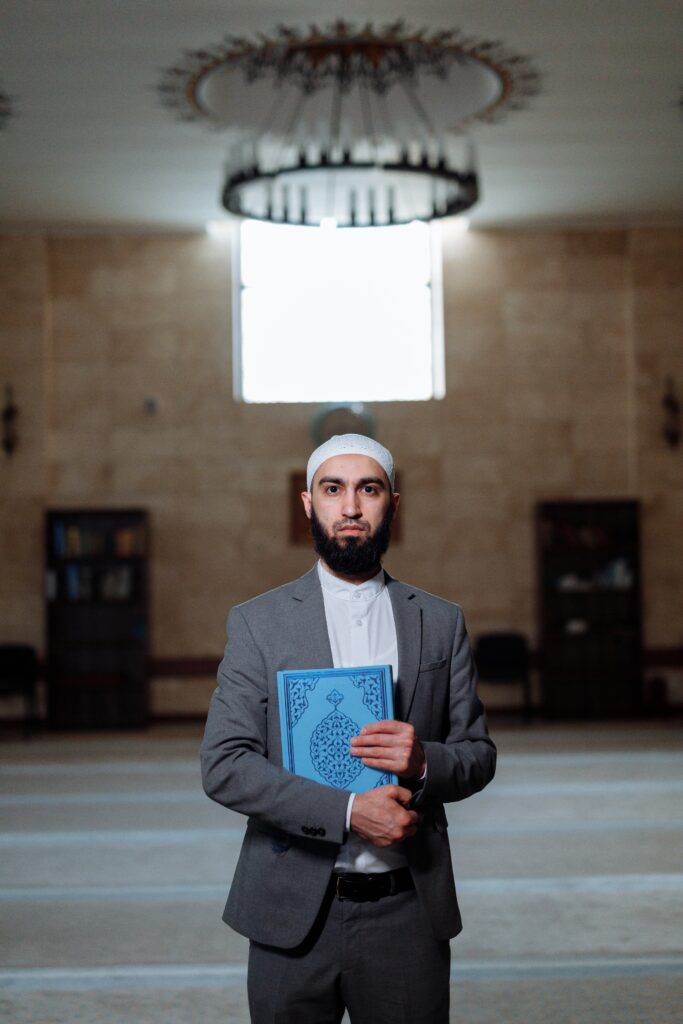
Another important aspect of the Quran is its role in shaping the Islamic civilization. The Quran has been a source of inspiration for many Muslim scholars and scientists throughout history, and it has played a crucial role in the development of various fields such as mathematics, astronomy, medicine, and philosophy. Muslim scholars have used the Quran as a foundation for their work and have drawn inspiration from its teachings to make significant contributions to human knowledge.
The Quran also has a significant impact on the Islamic culture, as it is considered to be the foundation of the Arabic language, literature, and poetry. Many Arabic poets and writers have drawn inspiration from the Quran and have used its style, structure and language to create works of literature that are considered to be masterpieces.
Moreover, the Quran plays a vital role in the spiritual life of Muslims and it is considered to be a source of solace and comfort for them. Muslims recite the Quran regularly, and it is believed to bring peace and tranquility to the mind and soul. Many Muslims find solace and comfort in the Quran’s teachings and it is considered to be a source of guidance and inspiration in times of difficulty.
In conclusion, The Holy Quran is not only a religious text but also a historical document, literary masterpiece, foundation of Islamic civilization and culture, source of inspiration for many Muslim scholars and scientists throughout history, and it plays a vital role in the spiritual life of Muslims. Its teachings and guidance continue to shape the lives of Muslims all over the world, and it continues to be a source of inspiration and guidance for the Islamic civilization and culture.

The Quran is also considered to be a source of inspiration for social justice and equality. It teaches that all human beings are equal in the eyes of God, regardless of their race, ethnicity, or social status. The Quran states in verse 49:13 “O mankind, indeed We have created you from male and female and made you into nations and tribes that you may know one another. Indeed, the most noble of you in the sight of Allah is the most righteous of you.” This verse highlights the importance of treating all human beings with dignity and respect, and the Quran promotes the idea of treating others as you would like to be treated.
Another important aspect of the Quran is its emphasis on compassion and charity. The Quran states in verse 2:177 “It is not righteousness that you turn your faces towards the east or the west, but righteousness is this that one should believe in Allah and the last day and the angels and the book and the prophets and give away wealth out of love for Him to the near of kin and the orphans and the needy and the wayfarer and the beggars and for (the emancipation of) the captives.” This verse highlights the importance of helping those in need and promoting social justice and equality.
Additionally, the Quran also teaches the importance of forgiveness and humility. The Quran states in verse 24:22 “And let not those of virtue among you and wealth swear not to give [aid] to their relatives and the needy and the emigrants for the cause of Allah, and let them pardon and overlook. Would you not like that Allah should forgive you? And Allah is Forgiving and Merciful.” This verse highlights the importance of forgiveness and humility in one’s relationship with others and with God.
In conclusion, the Quran is a source of guidance and inspiration for all aspects of life, including social justice, equality, compassion, charity, forgiveness and humility. It promotes the idea of treating others with dignity and respect, and encourages Muslims to help those in need and to promote social justice and equality. The Quran also encourages forgiveness and humility, reminding us to seek forgiveness from God and from others. These teachings and principles are not only relevant to Muslims but they are universal principles that can benefit all people regardless of their religion or background. The Quran is a source of guidance and inspiration that can help to build a better world for all.
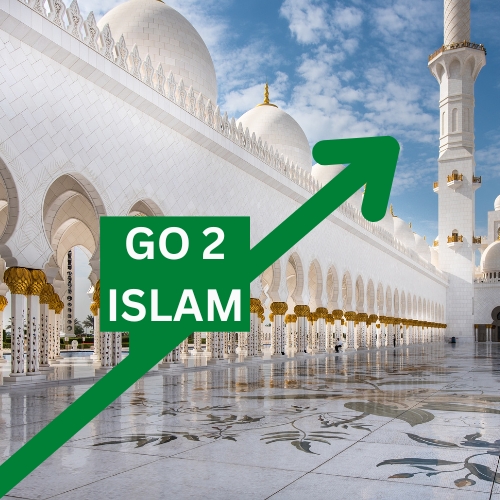

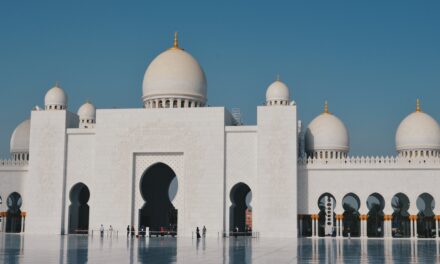

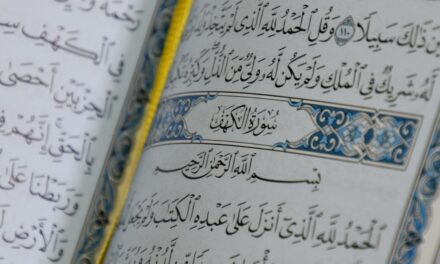
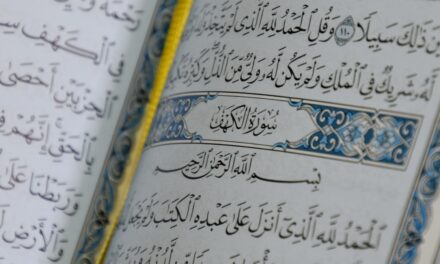
I have read your article carefully and I agree with you very much. This has provided a great help for my thesis writing, and I will seriously improve it. However, I don’t know much about a certain place. Can you help me?